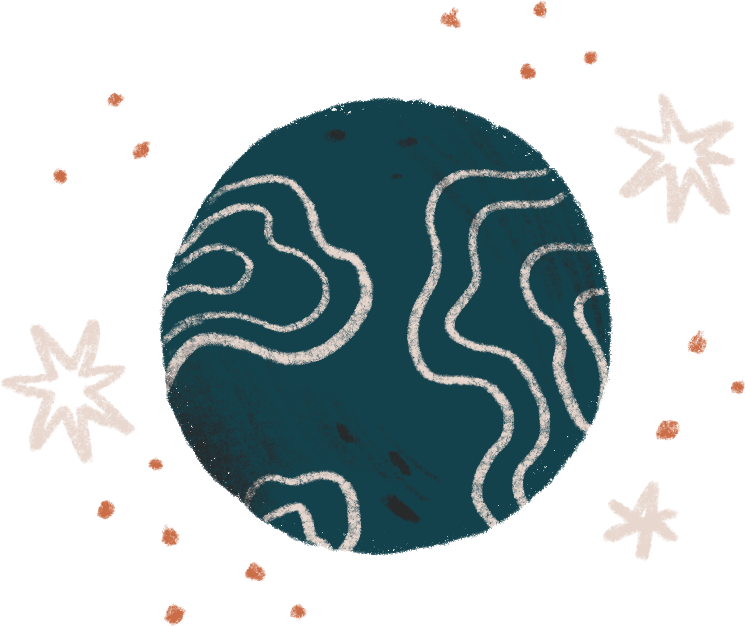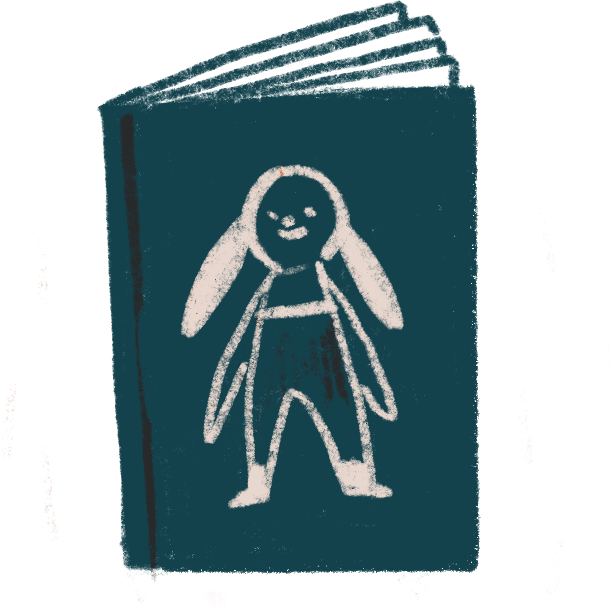We have chosen to devote a cycle of articles to hypersensitivity . To start this cycle, it seemed important to us to deepen this notion and to decipher it with an expert specialized in these questions and whose approach we love!
So we asked Céline Syritellis a few questions. Céline is a parenting coach , founder of Paizi Coaching parental . She accompanies the parents of hypersensitive and atypical children to provide them with the concrete keys that will help them find a peaceful daily life while helping their child to flourish. Good reading !
Hello Céline and thank you for giving us a few minutes of your time! The first question we want to ask you is the most basic: how would you define hypersensitivity and, moreover, is it possible to give a definition?
So yes, we can give a definition! Experts usually agree that highly sensitive people take in a lot of things from their environment and then do very deep (mental) processing of that information.
Hypersensitivity is about the sensory aspect of things, about perceiving all the stimuli of life, through all the senses – including the emotions of others – and processing them with great intensity and without hierarchy . . We therefore understand quite well that this particular treatment quickly becomes invasive and can cause problems that are felt, especially at the behavioral level.
We have the image of a delicate, shy, hypersensitive child, in his corner, very empathetic… Is this still the case? Are there several types of hypersensitivity?
Yes, the manifestations of hypersensitivity are very diverse . We often wrongly associate hypersensitivity only with delicate people, attentive to emotions, who do not speak too loudly … but this is far from always being the case ! Moreover, it is not often the parents of children who have this form of hypersensitivity who come to me, but rather those whose behavior of the child is less “ socially expected ”.
Hypersensitivity, I remind you, is really a question of sensations and it therefore happens that a hypersensitive person has very sudden reactions to stimuli that are too strong for him or her. For example, I once saw a child break a vacuum cleaner because the noise was unbearable to him.
It is even deleterious to associate hypersensitivity with necessarily gentle and delicate behaviors, because we then miss out on a very important reading grid to help parents in difficulty with the behaviors of their child (and the child -even of course). It's not uncommon for people to tell me "He can't be hypersensitive given the way he treats his toys, he breaks everything !" It is then necessary to fight received ideas , readjust, and find appropriate solutions .
For parents who read us and who have questions about their child, how can they be directed towards the diagnosis? How to be sure?
Keep in mind that hypersensitivity is not a disorder ; there is therefore no diagnosis strictly speaking!
On the other hand, it is something very specific medically and it requires specialized care. Specialized professionals such as occupational therapists or psychomotor therapists work a lot on “hyper” and “hypo” sensitivity and sensitivity, so you can turn to them to express your doubts and start support.
Anyway, as I always say, if you have an intuition , listen to yourself and get closer to the solutions offered in the treatment of hypersensitivity, take them as a toolbox . I like the notion of “toolbox” because it sheds light on things that calm things down and gives possible solutions to test. Let me explain: if you open the toolbox of advice and solutions to hypersensitivity and certain things speak to you and work for you and your child, we keep them! Let's stay pragmatic, whether or not there is a diagnosis in the end.
In addition, as soon as we integrate the hypothesis of hypersensitivity, it sheds useful light on behavior deemed difficult by a child, and it soothes the tensions that may exist. We go from “He or she is looking for me” to “I know he or she can't handle this situation” and it is often very beneficial .
I would add in the same spirit that the solutions put in place are also a virtuous circle for the family. If we put in place solutions for children who we imagine to be hypersensitive, they will be useful for other children or adults in the family.
We sometimes hear that children are all hypersensitive very young, and that it fades as they grow up. What do you think ?
When we question the parents who describe their child as hypersensitive, they say they have always identified this temperament marked by intense reactions to situations of discomfort: frequent and intense crying for hunger, sleep, the search for contact with the adult...
These " intense babies " mostly become children whose reactions remain marked by intensity : the unbearable feeling of too marked a seam on a sock, their reaction to situations of frustration (the adult's "no" or the fact of stopping a pleasant activity to start an activity considered restrictive), … They are often very sensitive to discomforts such as the feeling of hunger or thirst, which impacts their emotional regulation capacities.
Naturally, growing up allows the development of skills , in particular regulation skills (emotional, behavioral regulation, etc.) and promotes more appropriate behavior in children as they develop.
You talk about emotional regulation, obviously at the heart of our mission at Pipouette. If you had one piece of advice for parents on this subject, what would it be?
Hypersensitivity or not, in all cases, the work of identifying emotions is essential . First, name the emotions and identify them with the child, then describe what it produces in the body, on the mood, in the head and the heart...
The second side is to understand and decipher emotions : “Sadness is what you feel, for example, when you have lost something forever”, “anger is, for example, when there is something that upsets us because we don't feel respected and we want to act very strongly to restore respect”, etc.
The ultimate goal of all this is that the child appropriates these notions and his emotions . And of course, the essential key is the validation of the child's emotion, always!
Do not hesitate to help you Pipouette for this.













